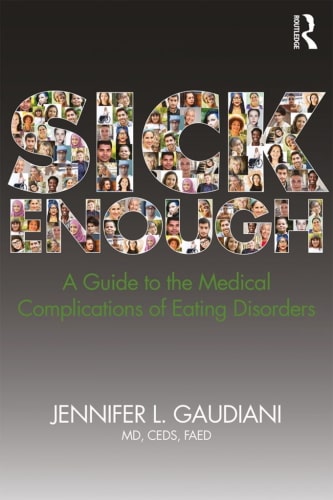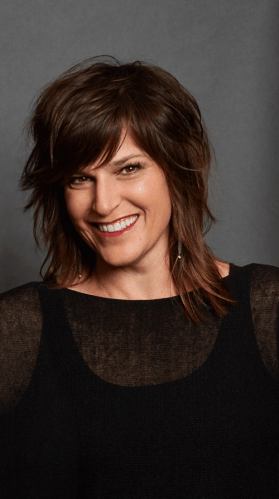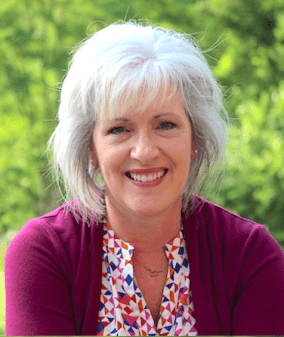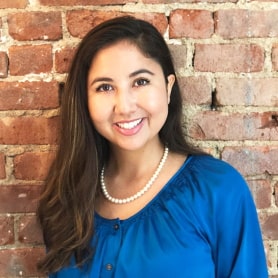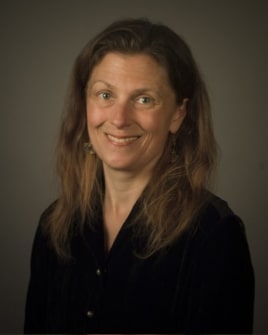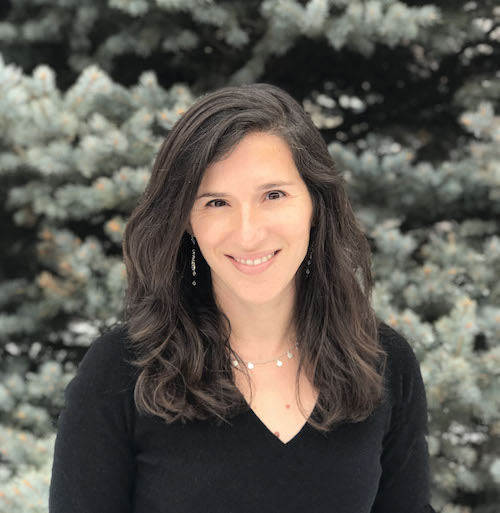

Jennifer L. Gaudiani, MD, CEDS-S, FAED
Founder & Medical Director of the Gaudiani Clinic
Website: www.gaudianiclinic.com
Book Website: www.sickenough.com
What is your current position?
I am an internal medicine physician expert in the medical complications of eating disorders and disordered eating and also provide focused primary care for my patients. While fortunately there are many excellent dietitians and therapists who specialize in eating disorder treatment, and also many good programs around the country that can provide day treatment or even residential care for those with eating disorders, there are very few medical doctors who specialize in what happens to the body. That’s a problem, because oftentimes either the eating disorder causes medical problems (for instance digestive problems) that actually get in the way of recovery efforts, or the patient has other medical conditions that are harder to diagnose that get in the way of recovery work. I founded the Gaudiani Clinic in 2016 as the first internal medicine outpatient clinic in the United States that focuses exclusively on the medical care of people with eating disorders, of all ages, genders, and body shapes and sizes. We care for patients around the country through our use of telemedicine services, and I get to partner with wonderful dietitians and therapists in my patients’ hometowns in order to provide a truly comprehensive care team. The Gaudiani Clinic was founded to support individuals, their families, and their care teams. In addition, through consultation, podcasting, webinars, lectures both nationally and internationally, and the publication of my first book in 2018 (Sick Enough: A Guide to the Medical Complications of Eating Disorders (Routledge)), the Clinic aims to improve the quality of medical care of those with eating disorders for as many people as possible.
How did you get started in your career?
I got my undergraduate degree in English at Harvard, did my medical school training at Boston University, and completed my internal medicine residency and chief residency at Yale. Having had a family member recover from an eating disorder, I’ve experienced the fear and hope of a family member and also borne witness to the triumph of a full recovery. When I got to Denver in 2007, I joined the Hospitalist staff at Denver Health. A year into my employment, I had the opportunity to join a service within Denver Health that was the highest level of multidisciplinary internal medicine care in the country for adults whose anorexia nervosa had become so critical that they could not receive anywhere else. Over the following eight years, I helped grow and run this service, in the process falling in love with this branch of medicine and having the extraordinary fortune to be mentored and encouraged by many of the founding members of the field. I particularly benefitted from the support and energy of a number of the wise women in the field who had been doing this work, writing about it, lecturing about it, and bringing their vital feminist perspective to it for decades. Given that there are so few internists who specialize in eating disorders, it proved to be a fortunate niche for me, and feel grateful every single day that I get to care for patients, think about how care can be improved across the board, and help to lift up and mentor other young women.
What advice would you give to someone new to the field?
I would encourage anyone new to the eating disorder community to seek out opportunities to learn at every turn…and to never stop learning! This is especially true for medical professionals who often don’t receive any training on eating disorders. My own learning trajectory continues with soaking up all that I can about Health At Every Size-informed medical care, how privilege and social justice relates to the development and sustainment of eating disorders, and how weight stigma perpetuates poor medical care and suffering for people of all shapes and sizes, in particular for individuals in larger bodies.
